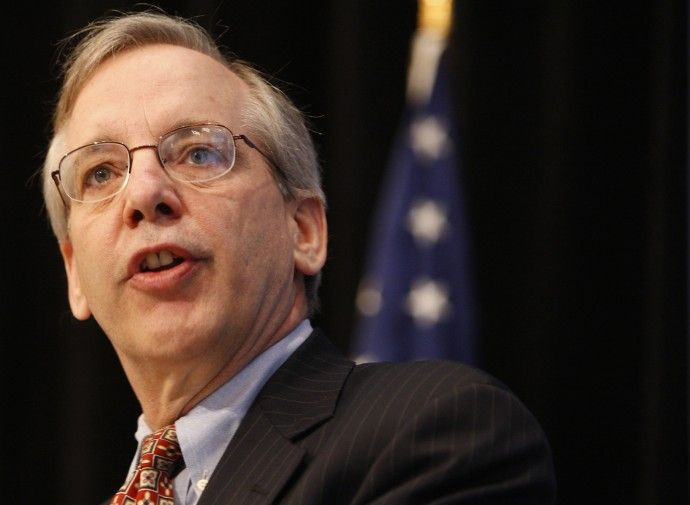QE2 officially begins

The much anticipated, talked about, and at times heavily criticized program of the second round of quantitative easing (QE2) has begun.
What is it?
The Federal Reserve will use newly-printed dollars to buy longer-term Treasury securities. It will buy $600 billion by the end of second quarter 2011 and at a pace of about $75 billion per month.
Moreover, it will keep on reinvesting principal payments from current holdings.
When will the buying start?
The buying will be conducted by the New York Fed through its Permanent Open Market Operations (POMO) mechanism, which is headed by executive VP Brian Sack.
The first POMO buying under QE2 policy will start on Friday, November 12 with the purchases of $6 to $8 billion.
Through December 9, the Fed will buy about $105 billion; $75 billion is from QE2 and $30 is from the reinvestment of principal payments on current holdings.
How will it affect the real economy?
Mechanically speaking, the Fed's buying will put more Treasury securities on its balance sheet while injecting more cash in the private banking system.
Proponents think it will lower borrowing costs and boost lending in the real economy, devalue the dollar and make U.S. exports more competitive, and inflate asset prices to ease debt burdens.
Critics think it will inflate commodities prices and disrupt the real economy, increase the risk of uncontrolled consumer inflation in the long term, distort markets and cause dangerous bubbles, and spark a global trade war by devaluing the dollar.
Currently, experts are leaning on the pessimistic side.
Peter Boockvar, equity strategist at Miller Tabak and a harsh critic of the Fed, said the Fed's goal of increasing lending in the real economy has already failed because borrowing cost have actually gone up.
Boockvar also echoed the concern that QE2 will make commodities more expense and drive up the cost of living for middle class America.
How will it affect the markets?
QE2 increases the supply of dollars relative to securities, so it tends to cause their prices to rise.
In anticipation of QE2, commodities and stocks, to a lesser extent, have already rallied, so the impact of QE2 may have been discounted to some extent by the market.
Therefore, it is debatable how much further it will drive up various markets.
Jamie Cox, managing partner at Harris Financial Group, thinks it will drive up commodity prices.
For U.S. stocks, however, he is more skeptical. In fact, he thinks it may actually drive their prices down through margin compression, or increasing companies' input prices without enabling them to charge corresponding higher prices for their finish goods.
Email Hao Li in New York at hao.li@ibtimes.com.
© Copyright IBTimes 2024. All rights reserved.





















